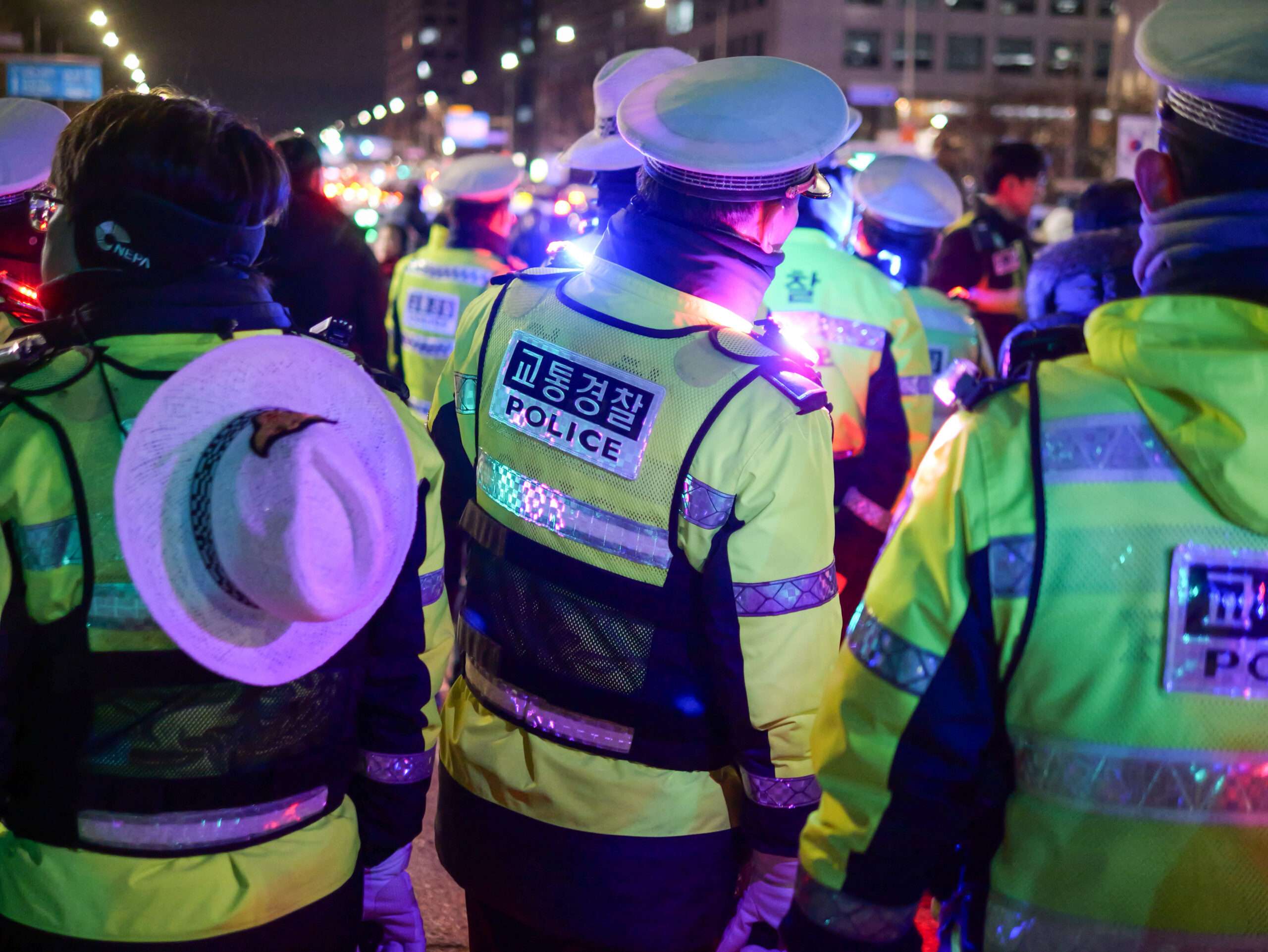South Korea Steers Clear of Relapse into Troubling Times
North Korea and South Korea represent two starkly contrasting political systems, with North Korea embodying dictatorship and South Korea embracing democracy. This dichotomy, however, was not always present. From the end of colonial rule in 1945 until it achieved a stable democratic framework in 1987, South Korea experienced tumultuous political turmoil characterized by numerous military coups and authoritarian rule. Recent events have cast a shadow on South Korea’s democratic integrity as President Yoon Suk Yeol declared martial law in response to mounting corruption investigations and political gridlock involving his administration and the National Assembly. While the martial law was swiftly lifted following a unanimous vote against it by lawmakers, the incident raises concerns about the stability of democracy in South Korea, reminiscent of its historical struggles against authoritarianism.
The immediate backdrop to Yoon’s imposition of martial law is rooted in political deadlock between his right-wing People Power Party and the opposition’s Democratic Party, which had recently voted to reduce government spending against Yoon’s wishes. The declaration of martial law was ostensibly a desperate move to reassert control amid growing dissent, but it quickly backfired. Soldiers stormed the National Assembly in an attempt to quash opposition protests, only to be met with resistance as lawmakers defied military orders. In a significant display of legislative independence, 190 members of the National Assembly gathered to vote on the cessation of martial law, asserting their authority under South Korean law that mandates respect for such legislative decisions. This indicates a firm defense of democratic principles and resistance against authoritarian tactics, highlighting the resilience of South Korean democracy in the face of potential regression.
President Yoon’s justifications for martial law were steeped in dubious allegations against his opponents, whom he labeled as “North Korean stooges.” His declaration went hand-in-hand with rhetoric aimed at rallying national support by invoking a narrative of defending constitutional order and combating anti-state factions. However, such claims were met with skepticism and condemnation from opposition leaders who characterized Yoon’s maneuvers as unconstitutional and alarmingly reminiscent of past military regimes. The specter of history loomed large, as the collective memory of past violent power transitions raised urgent alarms about the direction of governance in South Korea.
In addition to political figures, civil society organizations reacted vehemently against Yoon’s martial law, most notably the Korean Confederation of Trade Unions, which mobilized an indefinite general strike to protest the administration’s decisions. This move echoed earlier struggles against military dictatorship, reinforcing the collective grievance of a populace wary of slipping back into oppression. The ability of civic and labor organizations to rally public support and coordinate responses exemplifies the robust civil society that has emerged since South Korea’s democratization. The spirit of grassroots mobilization reflects both a rejection of authoritarianism and a demand for continued democratic engagement from South Korea’s citizens.
The backlash against Yoon’s attempt to impose military rule illustrates a critical turning point, potentially altering public sentiment toward demands for impeachment in response to what many viewed as an overreach of executive power. Experts suggest that the fallout from the crisis might catalyze broader discussions about the health of democracy and accountability in South Korea. Yoon’s martial law may have unintentionally galvanized public opinion against him, contrasting the intent of his actions with their reality. The interplay between governmental authority and democratic freedoms continues to unfold, suggesting a volatile political climate where the populace remains vigilant against encroachments on civil liberties.
International observers, particularly from the United States, demonstrated a perplexing noncommittal stance during the crisis. Historical patterns indicate a tendency of U.S. foreign policy to overlook authoritarian behavior from right-leaning governments in South Korea, all while maintaining a strategic alliance against North Korean hostility. This ambivalence raises questions about the influence of foreign relationships on domestic governance and the precarious balance of power that shapes regional stability. Despite this, South Korea’s democratic evolution since the late 20th century reflects significant advancements in personal freedoms and societal well-being, emphasizing the imperative to value and protect democratic institutions against any authoritarian tendencies that may arise. It illustrates that, while challenges persist, South Korea’s commitment to democracy remains a cornerstone of its national identity, particularly in the face of crises that threaten to undermine its hard-won democratic stability.
Share this content:












Post Comment